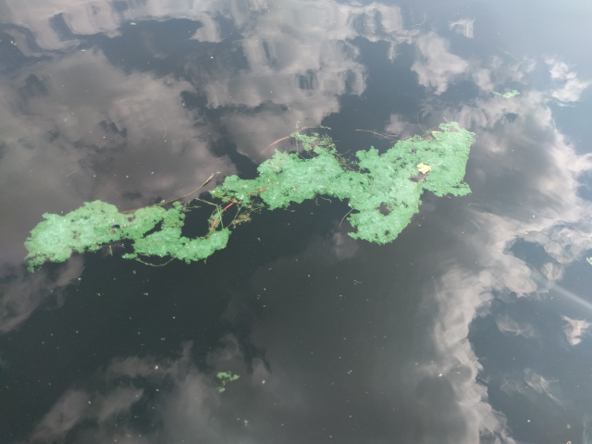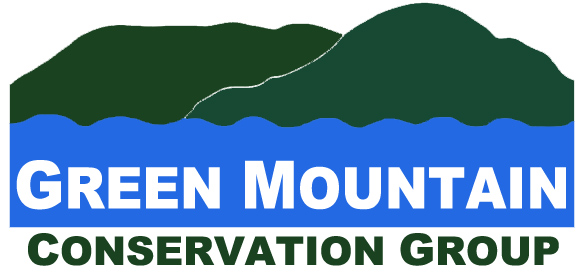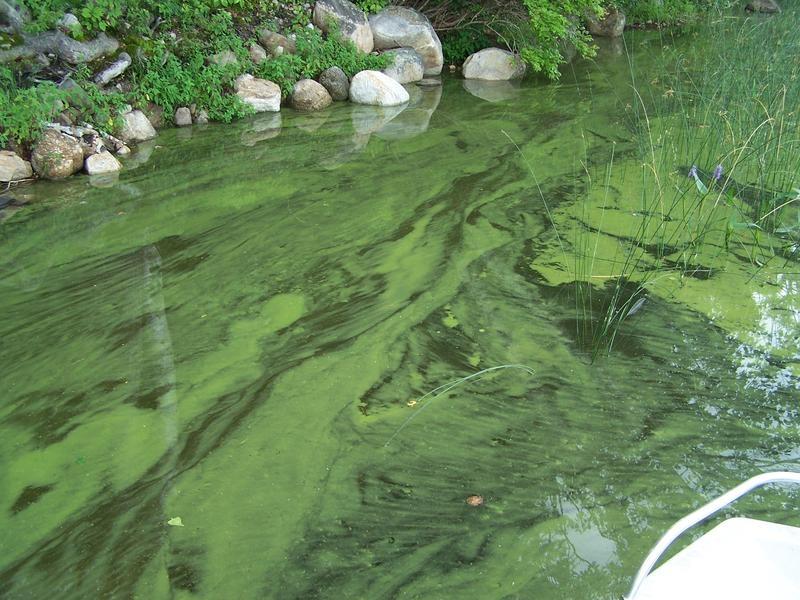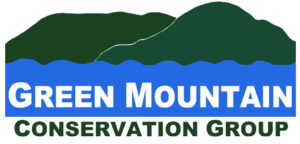

Lake Water Quality: Cyanobacteria & eDNA Research Presentation
February 12 @ 7:00 pm - 8:00 pm
Lake Water Quality: Cyanobacteria & eDNA Research Presentation
Wednesday, February 12, 7 PM, via Zoom
TAMWORTH, NH—With a changing climate and changing weather patterns come particular risks to lake water. The good news is that we have the capacity both to monitor lakes for cyanobacteria blooms and invasive aquatic plants, and to take (or avoid!) specific actions to support water quality in our lakes and rivers. Come learn what others in your community are doing to protect water in this region, and what you can do!
Please join Chocorua Lake Conservancy (CLC), Cook Memorial Library (CML), and Green Mountain Conservation Group (GMCG) via Zoom on Wednesday, February 12, at 7 PM, for a Climate & Community program: Lake Water Quality: Cyanobacteria & eDNA Research with Amanda McQuaid, Associate UNH Cooperative Extension State Specialist and Professor of Water Quality and Ecotoxicology, and the Director of UNHCE’s Lakes Lay Monitoring Program, and Jill Emerson, Water Quality Coordinator for GMCG.
The program will have two parts: First, an overview of what we look for when monitoring lake water quality, and what factors contribute to water that is safe for humans and other beings or pose risks to lake water; an explanation of cyanobacteria, a naturally occurring organism that can pose health risks when the conditions support it to grow in excess, or “bloom”; and what actions we can take to prevent this excessive growth.
Second, an introduction to the use of eDNA testing in water monitoring. Environmental DNA (eDNA) refers to genetic material shed by organisms into their surroundings, such as water, soil, or air. This DNA comes from sources like skin cells, hair, feces, or mucous and can be collected and analyzed to detect the presence of species in a specific environment. eDNA is a powerful, non-invasive tool used in ecology, conservation, and biodiversity monitoring to study species distribution, track invasive species, or identify rare or elusive organisms without direct observation or capture. This free program is part of the CML/CLC series “Climate & Community.” Please register in advance via chocorualake.org/events
Presenters:
Jillian Emerson earned her B.S. in Microbiology/Molecular Biology with a minor in Chemistry from Quinnipiac University in 2008. After her degree completion she spent 10 years working in academic research in the Department of Molecular and Systems Biology (formerly Genetics) at the Geisel School of Medicine at Dartmouth College. Most of her work was focused in the area of circadian rhythms using a model fungal organism, Neurospora crassa. In 2018, she earned her ASCP certification in molecular biology (MB, ASCP(CM)). She is currently the Water Quality Coordinator for Green Mountain Conservation Group in Effingham, NH. Most importantly, she loves dogs.
Amanda McQuaid (PhD ‘19UNH, she/her) is an State Specialist in Water Quality and Ecotoxicology for Cooperative Extension, Director of the Lakes Lay Monitoring Program, (Extension Associate) Professor of Limnology, and Joint Faculty in the Department of Biological Sciences at the University of New Hampshire. Amanda also manages the Center for Freshwater Biology; a participatory science and research-based collaboration in support of freshwater research, toxic cyanobacteria and water quality of lakes. Amanda has focused research on the bioaccumulation of toxins in the aquatic environment, specifically how cyanotoxins transfer through water, air and food webs.




